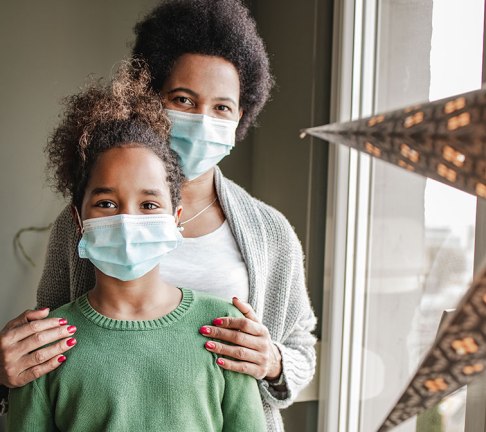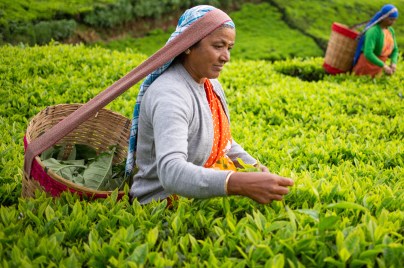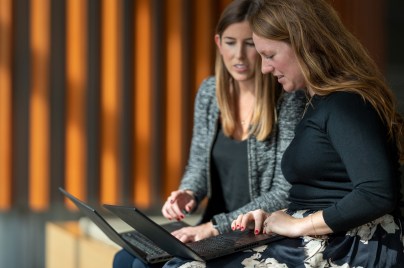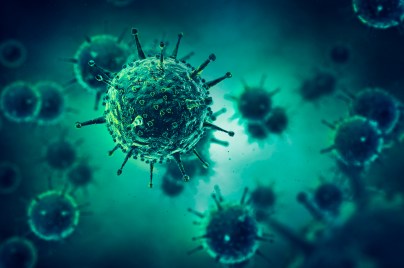Solidarity rising in the face of adversity
Finding new ways to fight COVID-19 across diverse populations in Africa
October 29, 2021
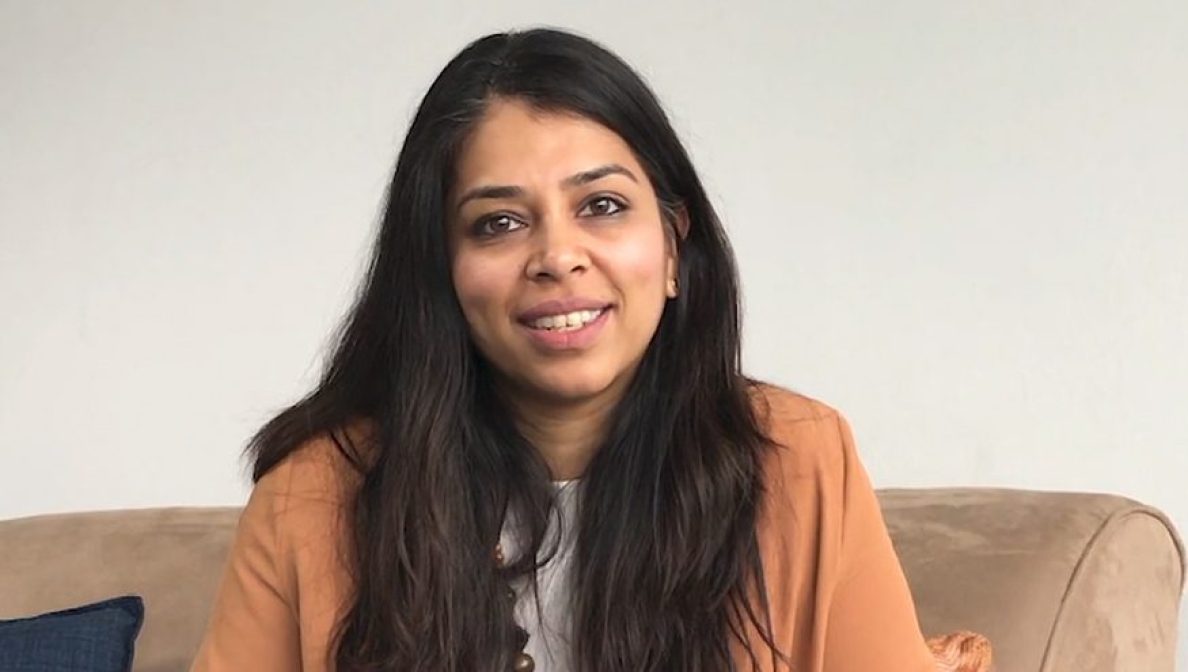
In many parts of Africa, poverty means that often 10 people are living in a one-room building less than three feet apart from their neighbors and many households share a single water pump.
Soap is a luxury item.
And that means that precautionary measures such as social distancing and hand washing can be hard, if not impossible, to implement.
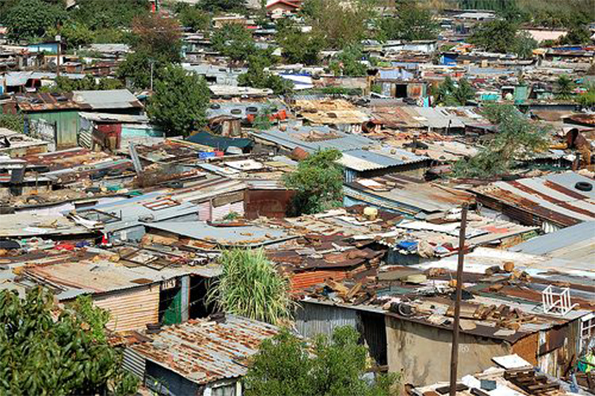
“The advice the world is getting is to practice social distancing and frequent handwashing, but that won’t work for everyone here,” says Priya Agrawal, a physician and our company’s managing director in South Africa and Sub-Saharan Africa. “There are people who have to leave their homes to get food and water for their families. If they must choose between basic survival and protecting themselves from COVID-19, hunger and thirst are going to win every time.”
COVID-19 infections have surfaced in approximately 215 countries and territories, including nearly 50 in Africa. When infections were first reported in Africa, governments and organizations swung into action to stop the spread.
“Our continent is so diverse. We have good health care and communication in some areas, but they’re stretched thin and extremely limited in others,” says Priya. “We had to ask, ‘How can we work together to stop this virus and protect the people and economy of Africa?’”
Solidarity ‘like I’ve never seen before’
Our company and others in the private sector began working together and collaborating with governments and health organizations to find ways to help. “Solidarity emerged like I’ve never seen before,” says Priya.
Donations from our company and other organizations and citizens to the President’s Solidarity Fund provided support to relief organizations and purchased much-needed personal protective equipment (PPE) for the country. Priya, her husband and our company are working with many other volunteers from the private sector to procure PPE for all health workers in South Africa. In the first six weeks of the pandemic in South Africa, Business for South Africa (a group of companies that came together to support the Government’s efforts in response to the pandemic) secured 900,000 pairs of sterile gloves, 12 million N95 masks, more than 38 million surgical masks for health workers and patients and 200 ventilators.
“COVID-19 is an extraordinary challenge. And what I have observed in South Africa is extraordinary collaboration. Competitors working side-by-side for the country. Companies sharing information real-time to ensure everyone’s employees were safe. Our company is dedicated to saving and improving lives, and that commitment extends well beyond medicines and vaccines,” says Priya. “It includes supporting health care providers and the communities they serve.”
From masks to meals
“South African residents are required to wear cloth masks during lockdown, but not everyone can afford or have access to them,” says Priya. “At the same time, we are seeing people suffer financial distress due to lost incomes. This affects women disproportionately, especially as women make up the majority of informal and migrant workers.”
One of our employees came up with a brilliant idea: Help women who are out of work launch a business making cloth masks.
“This effort can help protect vulnerable populations from the virus and empowers these women to become entrepreneurs so they can continue to have an income and feed their families,” says Priya.
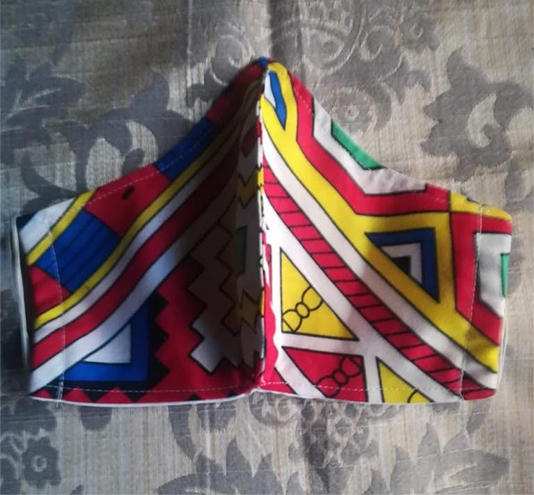
Sustaining the silver lining
Priya says companies, governments and relief organizations have shown “courageous decision-making and leadership” during the COVID-19 public health crisis. “We’ve seen many positive things, silver linings, emerge from this pandemic.”
The power of partnerships is a key lesson learned in Africa during the virus outbreak. “Now, we must sustain the silver linings and continue to work together,” says Priya.
Podcasting about the pandemic
Learn more insights from Priya Agrawal by listening to her podcast.

Candid conversations
Communication can be a big challenge in Africa. Technology varies from place to place, which means informing populations about health concerns requires creative approaches as well as providing trusted and accurate information. That’s where Nivi comes in.
Nivi is an interactive mobile chat service, the development of which was supported by funding from MSD for Mothers, our company’s global initiative to help create a world where no woman has to die while giving life. “The platform has built-in artificial intelligence that allows users to have personalized conversations about health topics, including COVID-19,” says Mark Allen, director of strategic partnerships and global programs, MSD for Mothers.
Nivi initially launched to advance maternal health and reproductive health, especially among the younger generation. More than one million people have engaged with the platform in Kenya and India – largely young women and men.
Individuals can now use Nivi to talk about COVID-19 and ask about symptoms, risks, prevention and more. “Young people love it because they can say what’s on their minds,” says Priya. “They don’t want to hear about handwashing. They want to know if they can catch COVID-19 from kissing. Nivi facilitates those candid conversations.”

